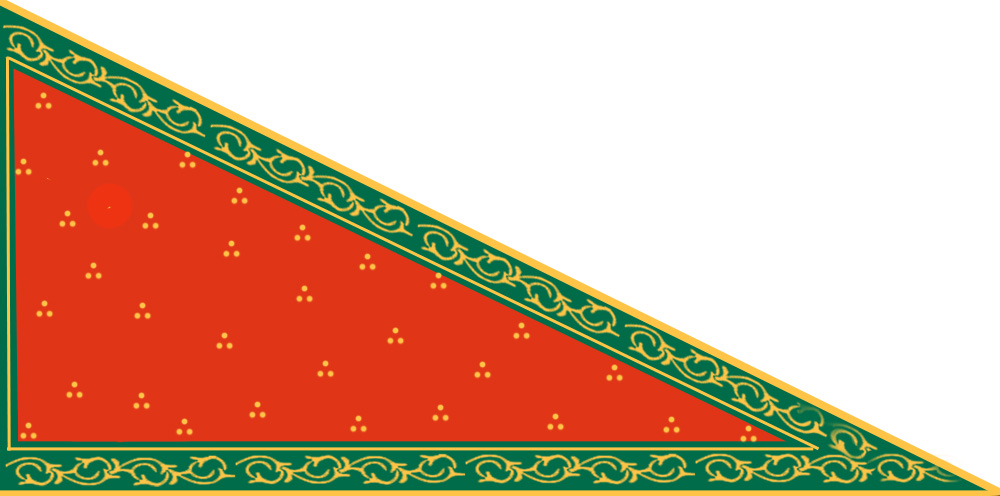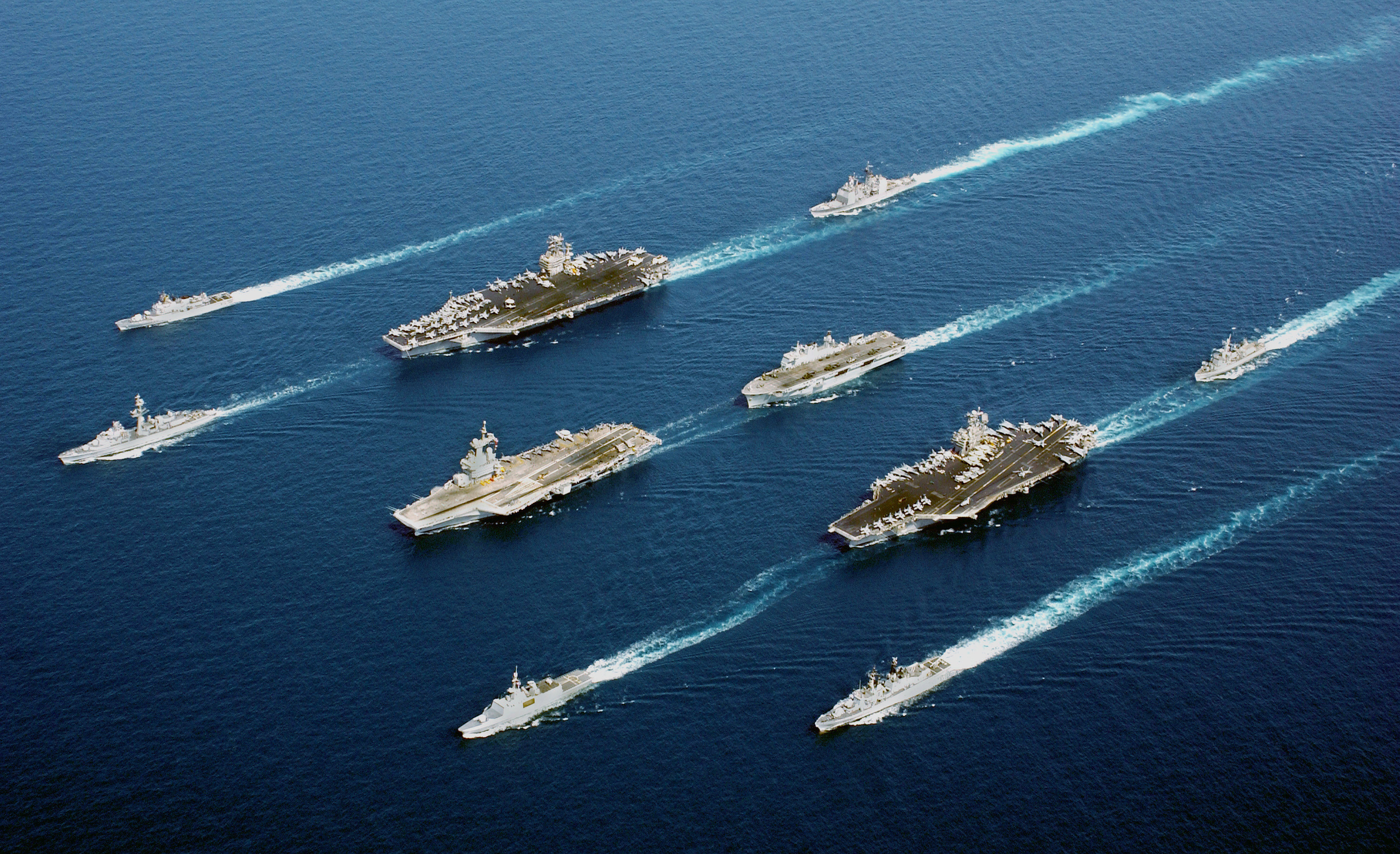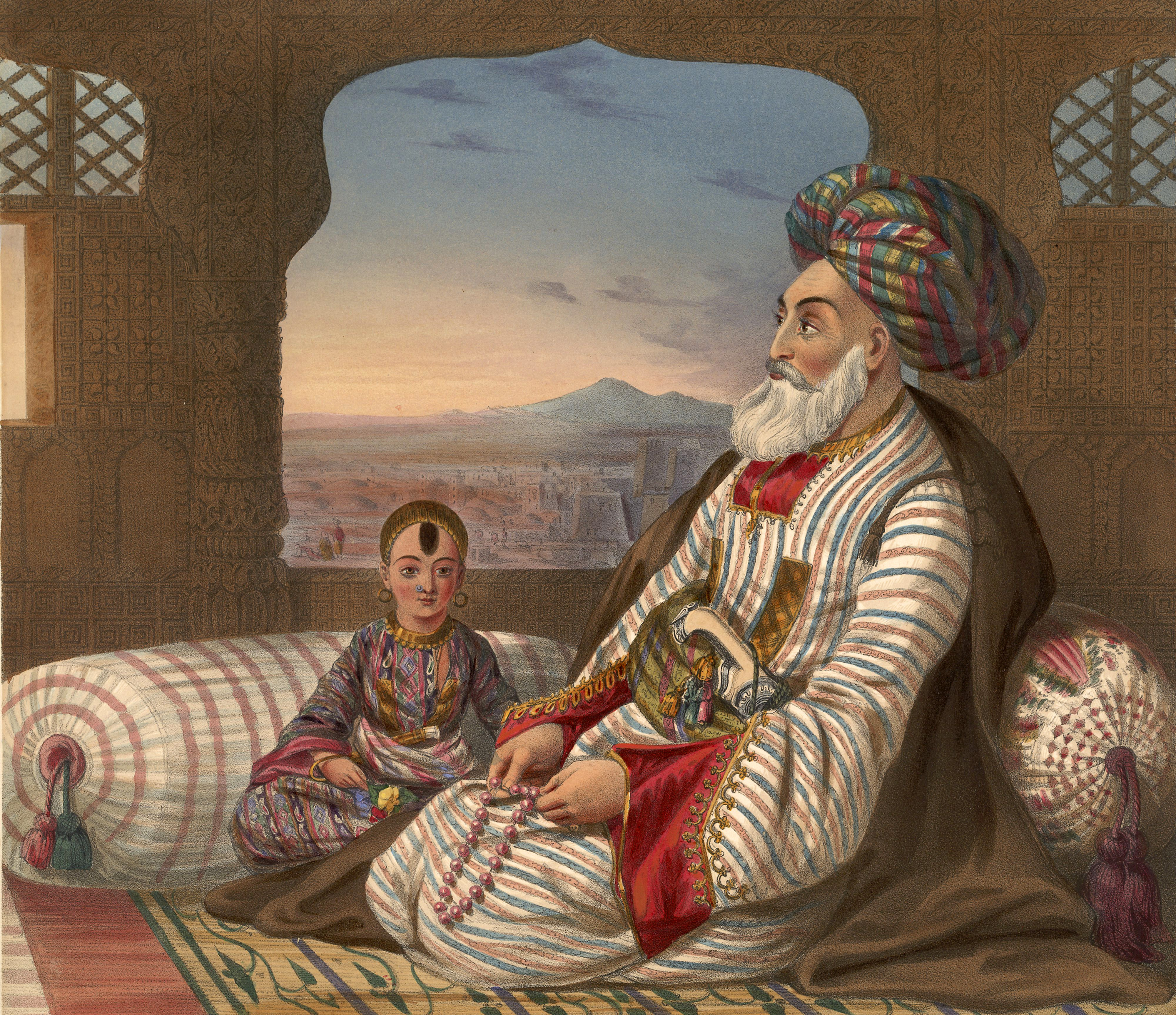|
Anglo-Afghan Wars
Anglo-Afghan War may refer to: * British-Afghan Wars ** First Anglo-Afghan War (1839–1842) ** Second Anglo-Afghan War (1878–1880) ** Siege of Malakand & Tirah Campaign (1897) ** Third Anglo-Afghan War (1919) ** Operation Herrick (War in Afghanistan; November 2001 – December 2014) ** Operation Toral (War in Afghanistan; December 2014 – August 2021) * American-Afghan War ** Operation Enduring Freedom (November 2001 – December 2014) ** Operation Freedom's Sentinel (December 2014 – August 2021) See also * European influence in Afghanistan, where the backdrop for the three colonial-era Anglo−Afghan wars mentioned above is discussed * The Great Game The Great Game is the name for a set of political, diplomatic and military confrontations that occurred through most of the 19th century and the beginning of the 20th century – involving the rivalry of the British Empire and the Russian Empi ..., where the geopolitical aspects of the wars are reviewed * War in Afghanis ... [...More Info...] [...Related Items...] OR: [Wikipedia] [Google] [Baidu] |
First Anglo-Afghan War
The First Anglo-Afghan War ( fa, جنگ اول افغان و انگلیس) was fought between the British Empire and the Emirate of Afghanistan, Emirate of Kabul from 1838 to 1842. The British initially successfully invaded the country taking sides in a war of succession, succession dispute between emir Dost Mohammad Khan (Emir of Afghanistan), Dost Mohammad (Barakzai dynasty, Barakzai) and former emir Shah Shujah Durrani, Shah Shujah (Durrani dynasty, Durrani), whom they reinstalled upon occupying Kabul in August 1839. The main British Indian force occupied Kabul and endured harsh winters. The force and its camp followers were almost completely massacred during the 1842 retreat from Kabul. The British then sent an Kabul Expedition (1842), ''Army of Retribution'' to Kabul to avenge the destruction of the previous forces. After recovering prisoners, they left Afghanistan by the end of the year. Dost Mohammed returned from exile in India to resume his rule. It was one of the first ... [...More Info...] [...Related Items...] OR: [Wikipedia] [Google] [Baidu] |
Second Anglo-Afghan War
The Second Anglo-Afghan War (Dari: جنگ دوم افغان و انگلیس, ps, د افغان-انګرېز دويمه جګړه) was a military conflict fought between the British Raj and the Emirate of Afghanistan from 1878 to 1880, when the latter was ruled by Sher Ali Khan of the Barakzai dynasty, the son of former Emir Dost Mohammad Khan. The war was part of the Great Game between the British and Russian empires. The war was split into two campaigns – the first began in November 1878 with the British invasion of Afghanistan from India. The British were quickly victorious and forced the Amir – Sher Ali Khan to flee. Ali's successor Mohammad Yaqub Khan immediately sued for peace and the Treaty of Gandamak was then signed on 26 May 1879. The British sent an envoy and mission led by Sir Louis Cavagnari to Kabul, but on 3 September this mission was massacred and the conflict was reignited by Ayub Khan which led to the abdication of his brother Yaqub. The second campaign ende ... [...More Info...] [...Related Items...] OR: [Wikipedia] [Google] [Baidu] |
Siege Of Malakand
The siege of Malakand was the 26 July – 2 August 1897 siege of the British garrison in the Malakand region of colonial British India's North West Frontier Province.Nevill p. 232 The British faced a force of Pashtun tribesmen whose tribal lands had been bisected by the Durand Line, the 1,519 mile (2,445 km) border between Afghanistan and British India drawn up at the end of the Anglo-Afghan wars to help hold back what the British feared to be the Russian Empire's spread of influence towards the Indian subcontinent. The unrest caused by this division of the Pashtun lands led to the rise of Saidullah, a Pashtun fakir who led a great army of at least 10,000 Yusufzai tribesmen against the British garrison in Malakand. Although the British forces were divided among a number of poorly defended positions, the small garrison at the camp of Malakand South and the small fort at Chakdara were both able to hold out for six days against the much larger Pashtun army. The siege was li ... [...More Info...] [...Related Items...] OR: [Wikipedia] [Google] [Baidu] |
Tirah Campaign
The Tirah campaign, often referred to in contemporary British accounts as the Tirah expedition, was an Indian frontier campaign from September 1897 to April 1898. Tirah is a mountainous tract of country in what was formally known as Federally Administered Tribal Areas of Pakistan, now Khyber Pakhtunkhwa province. Rebellion The Afridi tribe had received a subsidy from the government of British India for the safeguarding of the Khyber Pass for sixteen years; in addition to which the government had maintained for this purpose a local regiment entirely composed of Afridis, who were stationed in the pass. Suddenly, however, the tribesmen rose, captured all the posts in the Khyber held by their own countrymen, and attacked the forts on the Samana Range near the city of Peshawar. The Battle of Saragarhi occurred at this stage. It was estimated that the Afridis and Orakzais could, if united, bring from 40,000 to 50,000 men into the field. The preparations for the expedition occupied s ... [...More Info...] [...Related Items...] OR: [Wikipedia] [Google] [Baidu] |
Third Anglo-Afghan War
The Third Anglo-Afghan War; fa, جنگ سوم افغان-انگلیس), also known as the Third Afghan War, the British-Afghan War of 1919, or in Afghanistan as the War of Independence, began on 6 May 1919 when the Emirate of Afghanistan invaded British India and ended with an armistice on 8 August 1919. The Anglo-Afghan Treaty of 1919 resulted in the Afghans gaining control of foreign affairs from Britain and the British recognizing the Durand Line as the border between Afghanistan and British India. According to British author Michael Barthorp, it was a strategic victory for the British because the Durand Line was reaffirmed as the border between Afghanistan and the British Raj, and the Afghans agreed not to foment trouble on the British side. However, Afghans who were on the British side of the border did cause concerns due to revolts. Background The root cause of the Third Anglo-Afghan War took hold long before fighting commenced. For the British in India, Afghanistan was ... [...More Info...] [...Related Items...] OR: [Wikipedia] [Google] [Baidu] |
Operation Herrick
Operation Herrick was the codename under which all British operations in the War in Afghanistan were conducted from 2002 to the end of combat operations in 2014. It consisted of the British contribution to the NATO-led International Security Assistance Force (ISAF), and support to the American-led Operation Enduring Freedom (OEF), within the central Asian country. Operation Herrick superseded two previous efforts in Afghanistan. The first of these was Operation Veritas, which consisted of support during the United States invasion of Afghanistan in October 2001. The last major action of this was a sweep in east Afghanistan by 1,700 Royal Marines during Operation Jacana, which ended in mid-2002. The second was Operation Fingal, which involved leadership and a 2,000 strong contribution for a newly formed ISAF in Kabul after December 2001. Command was subsequently transferred to NATO ally Turkey several months later and the British contingent was scaled back to 300. Since then, all com ... [...More Info...] [...Related Items...] OR: [Wikipedia] [Google] [Baidu] |
War In Afghanistan (2001–2021)
The War in Afghanistan was an armed conflict that began when an Participants in Operation Enduring Freedom, international military coalition led by the United States launched United States invasion of Afghanistan, an invasion of Afghanistan, toppling the Taliban-ruled Islamic Emirate of Afghanistan (1996–2001), Islamic Emirate and establishing the internationally recognized Islamic Republic of Afghanistan, Islamic Republic three years later. The conflict ultimately ended with the 2021 Taliban offensive, which overthrew the Islamic Republic, and re-established the Islamic Emirate. It was the List of the lengths of United States participation in wars, longest war in the military history of the United States, surpassing the length of the Vietnam War (1955–1975) by approximately six months. Following the September 11 attacks, President of the United States, U.S. President George W. Bush demanded that the Taliban immediately extradite al-Qaeda leader Osama bin Laden to the Unit ... [...More Info...] [...Related Items...] OR: [Wikipedia] [Google] [Baidu] |
Operation Toral
Operation Toral was the codename for the British presence within Afghanistan post-2014 as part of NATO's Resolute Support Mission. UK forces had two major tasks: training and mentoring Afghan Forces, and providing force protection for NATO advisors via the Kabul Security Force/Kabul Protection Unit. The operation drew to a close on 8 July 2021 with the withdrawal of U.S. and NATO forces from the country. However, British troops were subsequently redeployed under Operation Pitting in August 2021 to evacuate British nationals and staff following the 2021 Taliban offensive. Background Operation Herrick was the codename under which all British operations in the War in Afghanistan were conducted from 2002 to the end of combat operations in 2014. It consisted of the British contribution to the NATO-led International Security Assistance Force (ISAF), and support to the American-led Operation Enduring Freedom (OEF). In December 2012 Prime Minister David Cameron announced that 3,800 ... [...More Info...] [...Related Items...] OR: [Wikipedia] [Google] [Baidu] |
Operation Enduring Freedom
Operation Enduring Freedom (OEF) was the official name used synonymously by the U.S. government for both the War in Afghanistan (2001–2014) and the larger-scale Global War on Terrorism. On 7 October 2001, in response to the September 11 attacks, President George W. Bush announced that airstrikes targeting Al-Qaeda and the Taliban had begun in Afghanistan. Operation Enduring Freedom primarily refers to the War in Afghanistan, but it was also affiliated with counterterrorism operations in other countries, such as OEF-Philippines and OEF-Trans Sahara. After 13 years, on 28 December 2014, President Barack Obama announced the end of Operation Enduring Freedom in Afghanistan. Subsequent operations in Afghanistan by the United States' military forces, both non-combat and combat, occurred under the name Operation Freedom's Sentinel. Subordinate operations Operation Enduring Freedom most commonly referred to the U.S.-led combat mission in Afghanistan. The codename was also used ... [...More Info...] [...Related Items...] OR: [Wikipedia] [Google] [Baidu] |
Operation Freedom's Sentinel
Operation Freedom's Sentinel (OFS) was the official name used by the U.S. government for the mission succeeding Operation Enduring Freedom (OEF) in continuation of the War in Afghanistan as part of the larger Global War on Terrorism. Operation Freedom's Sentinel is part of the NATO-led Resolute Support Mission, which began on January 1, 2015. OFS had two components: counterterrorism and working with allies as part of Resolute Support. There were 16,551 NATO and non-NATO troops in Afghanistan around February 2020. Around June 2020, that number dropped to 15,937. In February 2021, there were 9,592 NATO and non-NATO troops in Afghanistan. The self-reported strength of the Afghan National Security Forces consisted of more than 300,000 personnel during 2020. These forces surrendered or fled to neighbouring countries during the August phase of the 2021 Taliban offensive, leaving nearly all of the country under Taliban control. Operation Freedom Sentinel was expected to formally en ... [...More Info...] [...Related Items...] OR: [Wikipedia] [Google] [Baidu] |
European Influence In Afghanistan
European influence in Afghanistan has been present in the country since the Victorian era, when the competing imperial powers of Britain and Russia contested for control over Afghanistan as part of the Great Game. Rise of Dost Mohammad Khan After the decline of the Durrani dynasty in 1823, Dost Mohammad Khan established the Barakzai dynasty. Dost Mohammad achieved prominence among his brothers through clever use of the support of his mother's Qizilbash tribesmen and his own youthful apprenticeship under his brother, Fateh Khan. However, in the same year, the Afghans lost their former stronghold of Peshawar to the Sikh Khalsa Army of Ranjit Singh at the Battle of Nowshera. The Afghan forces in the battle were supported by Azim Khan, half-brother of Dost Mohammad. In 1834 Dost Mohammad defeated an invasion by the former ruler, Shuja Shah Durrani, but his absence from Kabul gave the Sikhs the opportunity to expand westward. Ranjit Singh's forces moved from Peshawar into territory ... [...More Info...] [...Related Items...] OR: [Wikipedia] [Google] [Baidu] |
Great Game
The Great Game is the name for a set of political, diplomatic and military confrontations that occurred through most of the 19th century and the beginning of the 20th century – involving the rivalry of the British Empire and the Russian Empire over Afghanistan and neighbouring territories in Central and South Asia, such as Turkestan, and having direct consequences in Persia, British India, and Tibet. Britain concluded, from Russia's military expansion in Central Asia and from diplomatic and intelligence information, that Russia planned to invade India as an ultimate goal. Meanwhile, the Russian Empire had analysed Britain's political behavior as planning the expansion of British interests in Central Asia. As a result, there was an atmosphere of deep distrust, and talk of war between these two major European empires of that time, culminating in several regional wars, and years of diplomatic intrigue and negotiations. Britain made it a high priority to protect all approaches ... [...More Info...] [...Related Items...] OR: [Wikipedia] [Google] [Baidu] |

_WDL11496.png)






